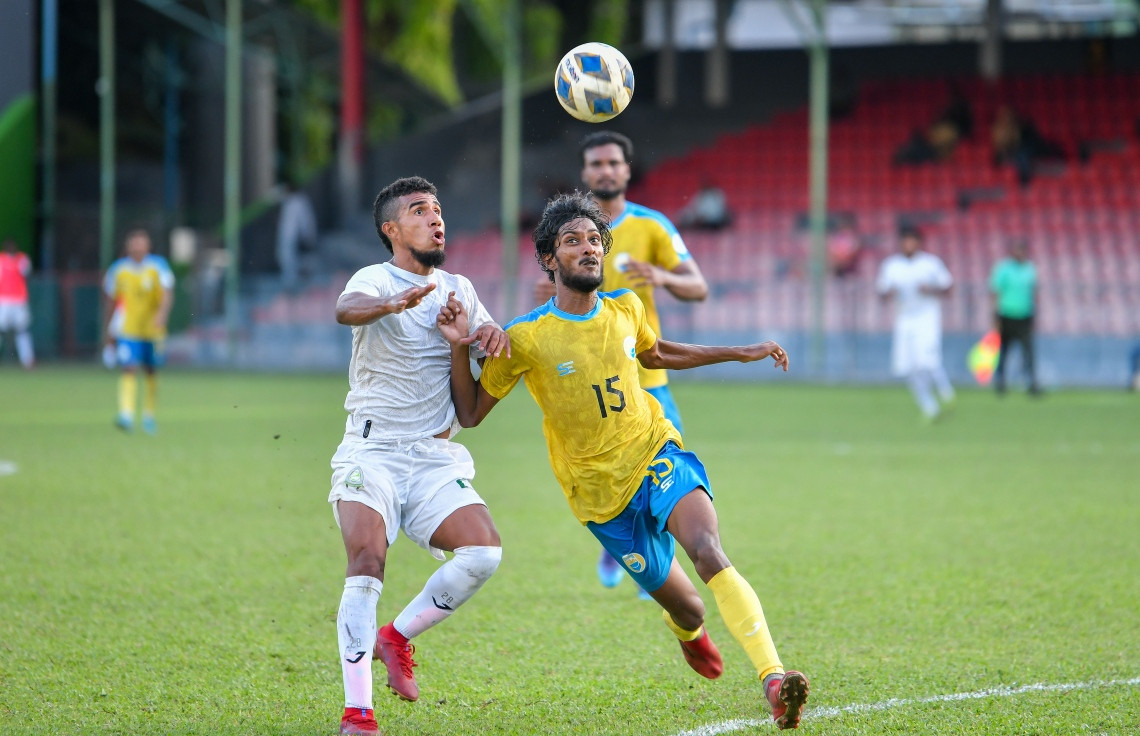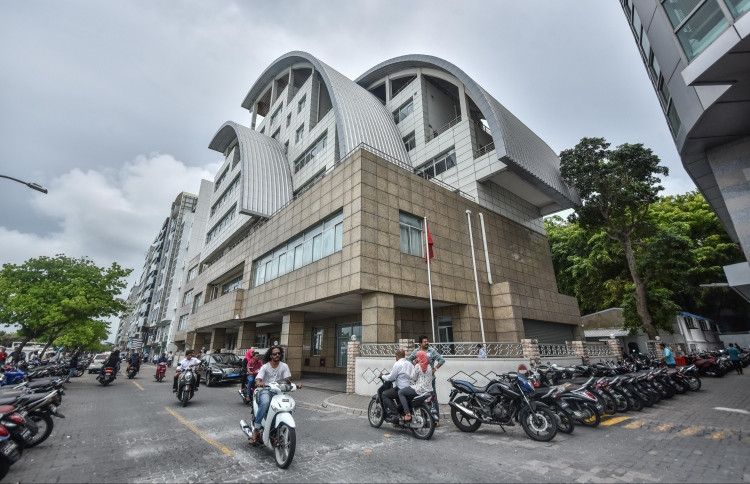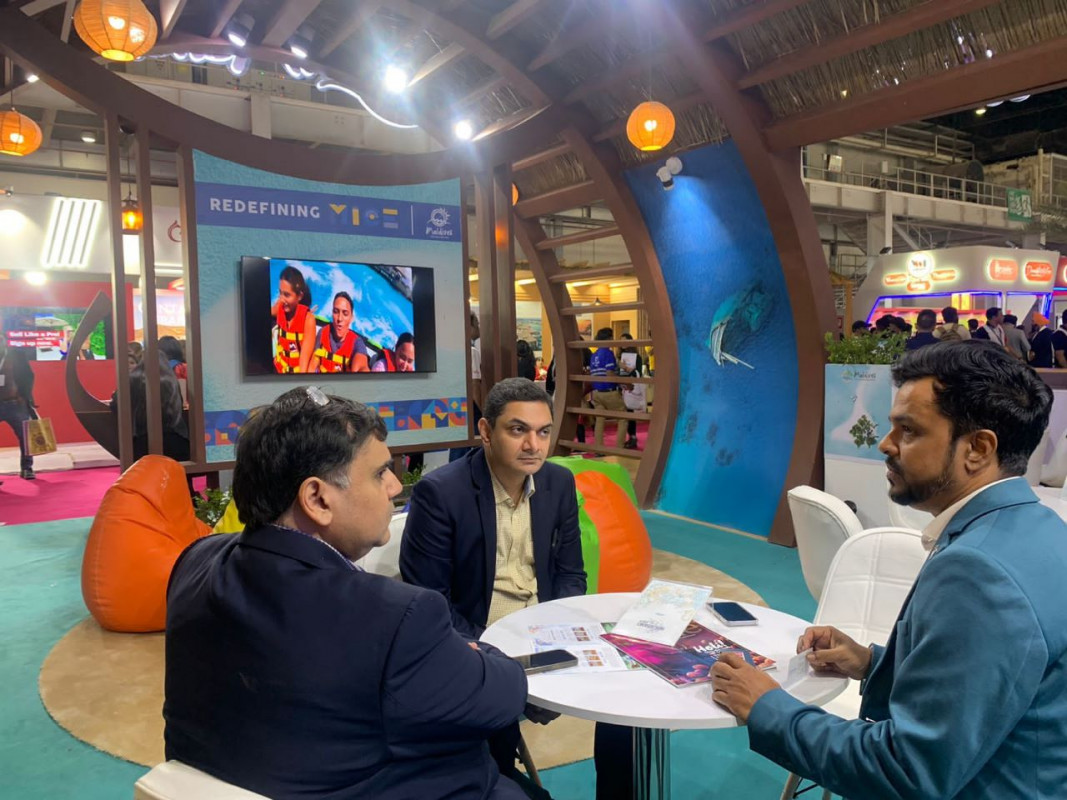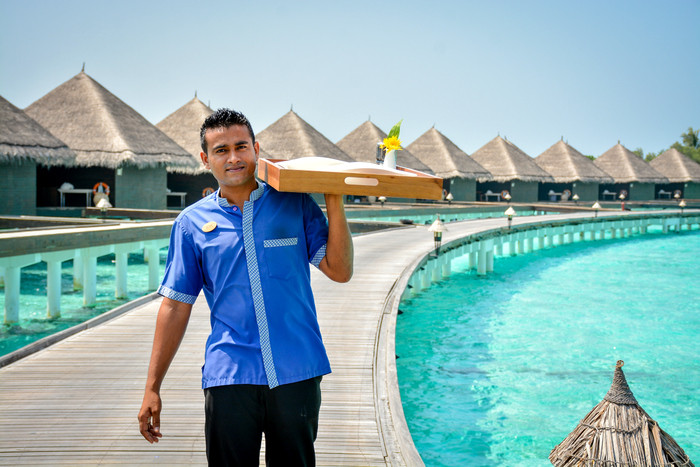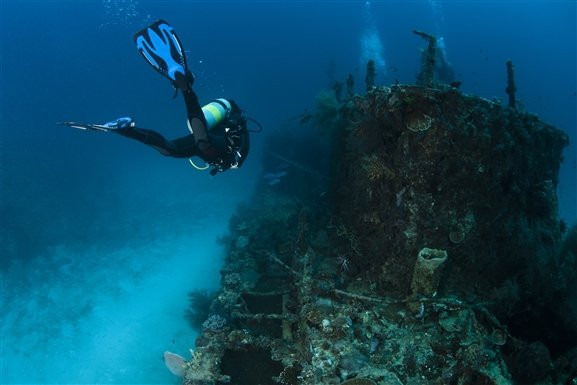Aasandha abroad, is it really affordable?
Maldives will be providing Aasandha services in hospitals in Sri Lanka, India, Malaysia
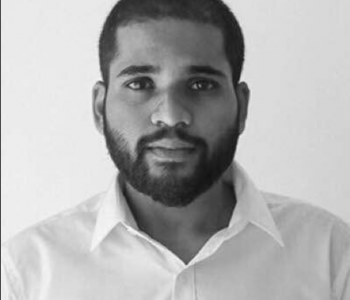
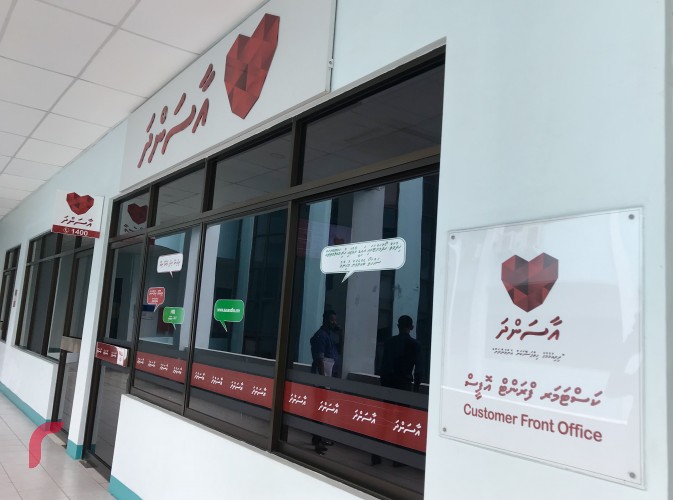
Entrance to an Aasandha office
In early February, President Ibrahim Mohamed Solih told a room full of Maldivians living in Sri Lanka that his government will arrange for them to be covered by Aasandha, the national health insurance scheme, when getting treated or seeing doctors at hospitals there.
It is one of his government’s pledges for the first 100 days in office, and Solih said in his address that the service will be made available from April onwards. This is only months after former Finance Minister Ahmed Munnavar told the People’s Majlis that Aasandha will likely have to be discontinued if expenses continue.
The Aasandha scheme was introduced in 2012, with an individual financial limit of MVR 100,000, which means it covered medical expenses for every Maldivian citizen under this amount. In 2014, in line with former president Abdulla Yameen’s pledges, this financial limit was removed, and Aasandha was introduced as ‘husnuvaa’, meaning unlimited, Aasandha.
A total of MVR 750 million was allocated to the insurance scheme, which covers all mandatory consultation, prescribed medication, and minor surgeries. The state, however, spent MVR 1.4 billion on it, 118 percent more than the allocated budget.
Free medical care is a significant welfare service, one that weighs heavily on the state budget. The new government says it made its pledge to extend the service to medical facilities in Sri Lanka, India, and Malaysia, having considered this weight.
The reasoning is clear, all Maldivians are entitled to coverage under the Aasandha scheme, therefore Maldivians living abroad, especially in the three countries travelled to most, should be given Aasandha. This is an expense, and one that could drain foreign currency reserves, but what may require more immediate change is policy.
Former Minister Munavvar said that there were a host of factors that make the Aasandha scheme an ‘uncontrollable’ expense, such as means of procurement spiking prices of pharmaceuticals and said that inadequate coordination has allowed ‘misuse’ of the service.
Records for last year showed that many residents of out lying islands acquired services available at regional hospitals, from the state-run hospital in capital city Malé, at more of an expense. The Indira Gandhi Memorial Hospital also allows consultation without a means to combat malingering.
While the additional expense of covering medical expenses at hospitals abroad could be unwise, the system already required great overhaul. The World Health Organization said in their ‘country cooperation strategy’ with the Maldives, that the scheme is ‘complex’ and lacks ‘adequate coordination’.
The system under which Aasandha is provided to citizens abroad, as well as in the Maldives, needs to improved. While a number of privately-owned facilities provide services partly covered under Aasandha, state-run facilities that provide full coverage are significantly busier every day. This is testament to the fact that Aasandha is a valued service to Maldivians, which is reason enough to make the expenditure on it manageable.
